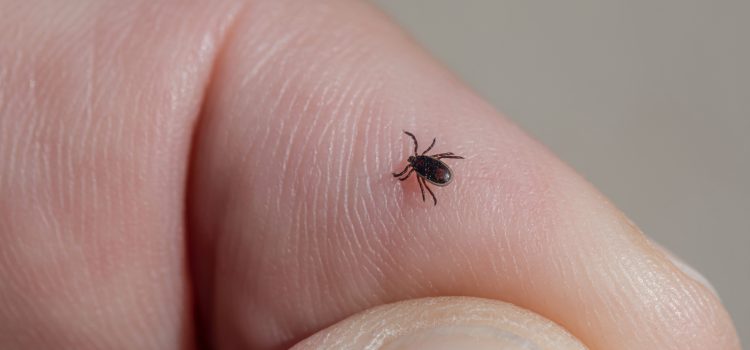
Babesiosis is a tick-borne disease that’s been growing in prevalence over the years, posing a serious threat to public health. With some of its symptoms resembling those of other infections like Lyme disease, babesiosis can be difficult to diagnose and treat effectively. As more people become infected with this potentially fatal illness, it’s essential to understand what measures public health officials are recommending for prevention and control. In this post, we’ll explore the growing danger of babesiosis and how you can help protect yourself against it.
What is Babesiosis?
Babesiosis is a potentially serious infection that can be contracted through contact with the blood or tissues of an infected person. Symptoms can include fever, headache, muscle aches, and diarrhea. If left untreated, babesiosis can lead to severe complications including renal failure and even death. Public health officials recommend that those at high risk for developing babesiosis—such as people who are HIV positive or have weakened immune systems—get vaccinated against the infection.
The Signs and Symptoms of Babesiosis
Babesiosis is a parasitic infection caused by the protozoan parasite Babesia protozoides, which can be contracted from dirty water, soil, or wildlife. The parasite attacks red blood cells, causing anemia and fever. There is no specific test to diagnose babesiosis, and the symptoms may vary depending on how severe the infection is.
It is important for pregnant women and their newborns to be screened for babesiosis because the parasite can cause serious birth defects if it is not treated early. Babies who are infected with babesia may have jaundice (yellowing of the skin and eyes), fever, chest pain, and seizures. Babies who are treated early with antibiotics generally do not require hospitalization, but they may need follow-up testing to make sure the infection has been completely cleared.
Public health officials recommend that everyone aged six months or older receive a free annual checkup for blood pressure, cholesterol levels, and other health indicators to help detect any potential health risks related to parasites such as babesiosis. Anyone who develops symptoms related to parasites should visit a doctor immediately.
How is Babesiosisspread?
Public health officials recommend that people avoid contact with ticks and deer, both of which can spread babesiosis. Tick avoidance includes avoiding areas where ticks are common, wearing long-sleeved shirts and pants when outdoors, using a repellent when hiking or camping, and checking for ticks after being outdoors. Deer avoidance involves keeping children and pets away from deer hunting areas, avoiding feeding deer in parks or open spaces, cleaning up any animal carcasses you find (including pet carcasses), and washing your hands thoroughly after encountering deer.
How can I protect myself from Babesiosis?
Infection with Babesiosis can be serious, and can even lead to death. Public health officials recommend the following ways to protect yourself from infection:
-Avoid contact with blood or other body fluids that may have been contaminated with Babesia bacteria. This means avoiding mosquito bites and any other activity that could spread the bacteria.
-Wash your hands often, especially after using the restroom or before eating. Contact with Babesia bacteria can spread through skin-to-skin contact.
-If you are infected with Babesiosis, seek medical attention as soon as possible. Treatment typically includes a combination of antibiotics and supportive care, such as hydration and rest.
What are the Treatment Options for Babesiosis?
There are a number of treatment options for babesiosis, depending on the stage of the infection. Early-stage infections can usually be treated with antibiotics. Late-stage infections require more aggressive care, including IV antibiotics and possibly blood transfusions. Babesiosis can be fatal if not treated quickly.
Conclusion
In the past, babesiosis was not a common concern for public health officials. However, recent reports of human cases have prompted them to issue warnings to the public about the dangers of this parasite and what they should do to avoid it. Babesiosis causes fever, muscle pain, and headaches, among other symptoms. If left untreated, this infection can lead to serious complications such as heart failure or even death. Based on these alarming statistics and recommendations from public health officials, it is essential that everyone learn about babesiosis and take steps to prevent becoming infected.










